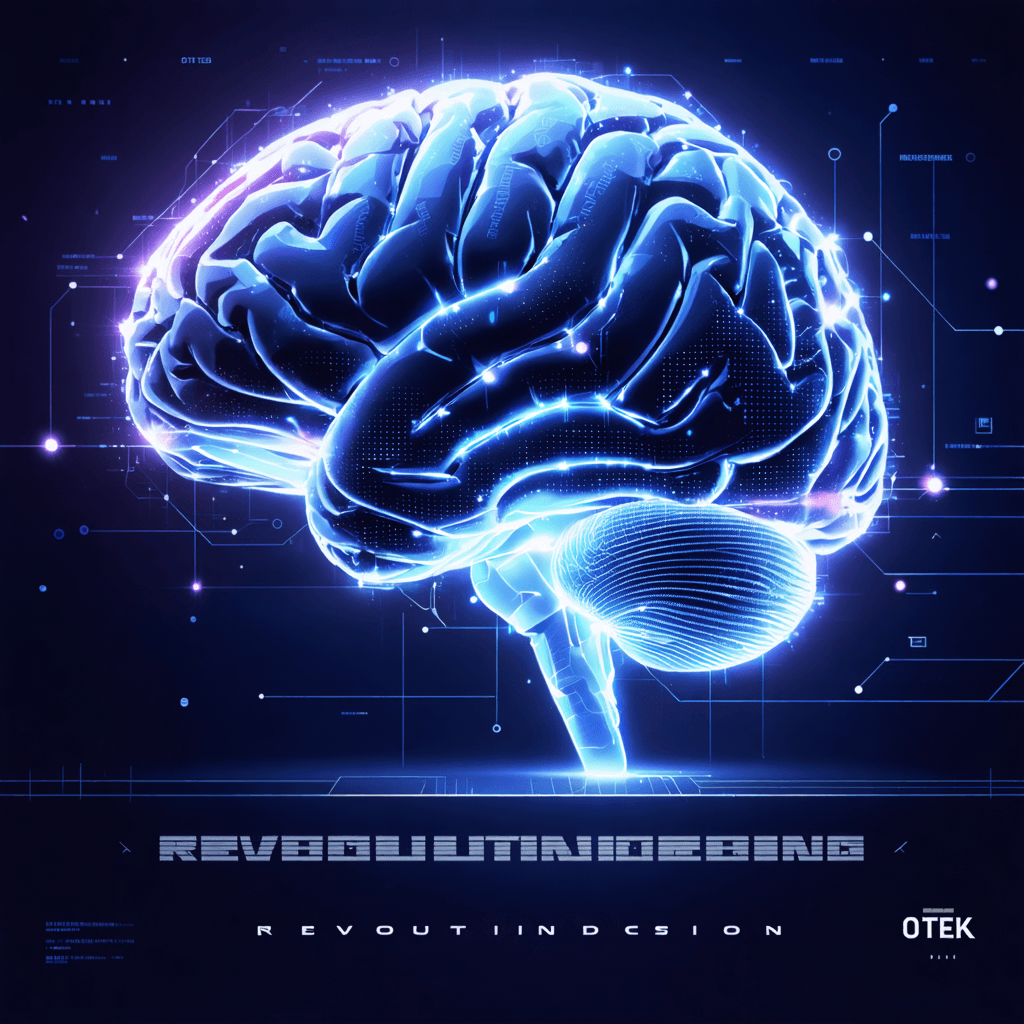Revolutionizing Mental Healthcare: How Process Automation is Reshaping Human Decision-Making
In recent years, the intersection of technology and mental healthcare has sparked a revolutionary transformation in how mental health professionals make decisions and deliver care. Process automation, driven by artificial intelligence and machine learning, is fundamentally changing the landscape of mental healthcare delivery while enhancing the accuracy and efficiency of clinical decision-making.
The Current State of Mental Healthcare
Mental healthcare faces unprecedented challenges, with global demand for services outpacing available resources. According to recent statistics, approximately 1 in 5 adults experiences mental health issues annually, yet many struggle to access quality care. Traditional mental healthcare systems often suffer from:
- Long waiting times for appointments
- Inconsistent assessment procedures
- Limited access to specialized care
- High costs of treatment
- Variable quality of care across different providers
How Process Automation is Transforming the Field
Enhanced Assessment and Diagnosis
Process automation is revolutionizing how mental health professionals conduct initial assessments and arrive at diagnoses. Advanced algorithms can now analyze:
- Patient questionnaire responses
- Voice patterns and speech content
- Facial expressions and body language
- Digital behavioral patterns
- Historical medical data
These automated systems provide clinicians with data-driven insights that complement their professional judgment, leading to more accurate and consistent diagnoses.
Predictive Analytics in Treatment Planning
Modern automation tools leverage predictive analytics to assist in treatment planning by:
- Identifying patterns in treatment responses across large patient populations
- Predicting potential risks and complications
- Suggesting evidence-based interventions
- Monitoring treatment progress in real-time
- Adjusting treatment plans based on patient feedback
Streamlined Administrative Processes
Beyond clinical applications, automation is transforming administrative aspects of mental healthcare:
- Automated appointment scheduling and reminders
- Digital documentation and record-keeping
- Insurance verification and billing processes
- Resource allocation and staff scheduling
- Compliance monitoring and reporting
The Impact on Human Decision-Making
Enhanced Clinical Judgment
Rather than replacing human judgment, automation serves as a powerful tool that enhances clinical decision-making by:
- Providing data-driven insights
- Reducing cognitive bias
- Offering evidence-based recommendations
- Standardizing assessment procedures
- Supporting continuous learning and improvement
Improved Patient Outcomes
The integration of automated processes has led to measurable improvements in patient outcomes:
- More accurate diagnoses
- Personalized treatment plans
- Better treatment adherence
- Earlier intervention in crisis situations
- Improved long-term monitoring
Challenges and Considerations
Data Privacy and Security
As mental healthcare becomes increasingly digitized, protecting patient privacy and maintaining data security are paramount concerns. Organizations must:
- Implement robust security measures
- Ensure HIPAA compliance
- Maintain transparent data handling practices
- Regular security audits and updates
- Staff training on data protection
Human-Technology Balance
Finding the right balance between automated systems and human interaction remains crucial:
- Maintaining therapeutic relationships
- Ensuring appropriate human oversight
- Addressing technology resistance
- Managing technology dependence
- Preserving clinical intuition
Future Perspectives
The future of mental healthcare automation holds promising developments:
- Advanced AI-powered therapeutic tools
- Real-time mood and behavior monitoring
- Predictive crisis intervention
- Personalized treatment optimization
- Integration with wearable technology
Best Practices for Implementation
Gradual Integration
Organizations should consider:
- Starting with pilot programs
- Collecting and analyzing implementation data
- Training staff systematically
- Gathering feedback from all stakeholders
- Making iterative improvements
Change Management
Successful implementation requires:
- Clear communication of benefits
- Comprehensive staff training
- Regular evaluation and adjustment
- Support systems for users
- Recognition of implementation challenges
The Role of Continuous Improvement
To maximize the benefits of automation in mental healthcare:
- Regular system evaluations
- Ongoing staff development
- Patient feedback integration
- Technology updates and upgrades
- Process optimization
Measuring Success
Key metrics for evaluating automation impact include:
- Patient satisfaction rates
- Treatment outcomes
- Clinical efficiency
- Cost-effectiveness
- Staff satisfaction
Looking Ahead
As technology continues to evolve, the integration of process automation in mental healthcare will likely expand, offering new opportunities for:
- Improved access to care
- Enhanced treatment effectiveness
- Better resource utilization
- Reduced healthcare costs
- Innovation in service delivery
Mental healthcare providers must stay informed about emerging technologies and best practices to ensure they can leverage automation effectively while maintaining high-quality, patient-centered care.
Ready to enhance your mental healthcare practice with cutting-edge process automation? Explore our comprehensive courses and resources at 01TEK. Our expert-led programs will help you navigate the digital transformation of mental healthcare while maintaining the highest standards of patient care. Visit 01TEK's Learning Platform today to begin your journey toward more efficient and effective mental healthcare delivery.
Business opportunities are like buses, there’s always another one coming.
Richard Branson



